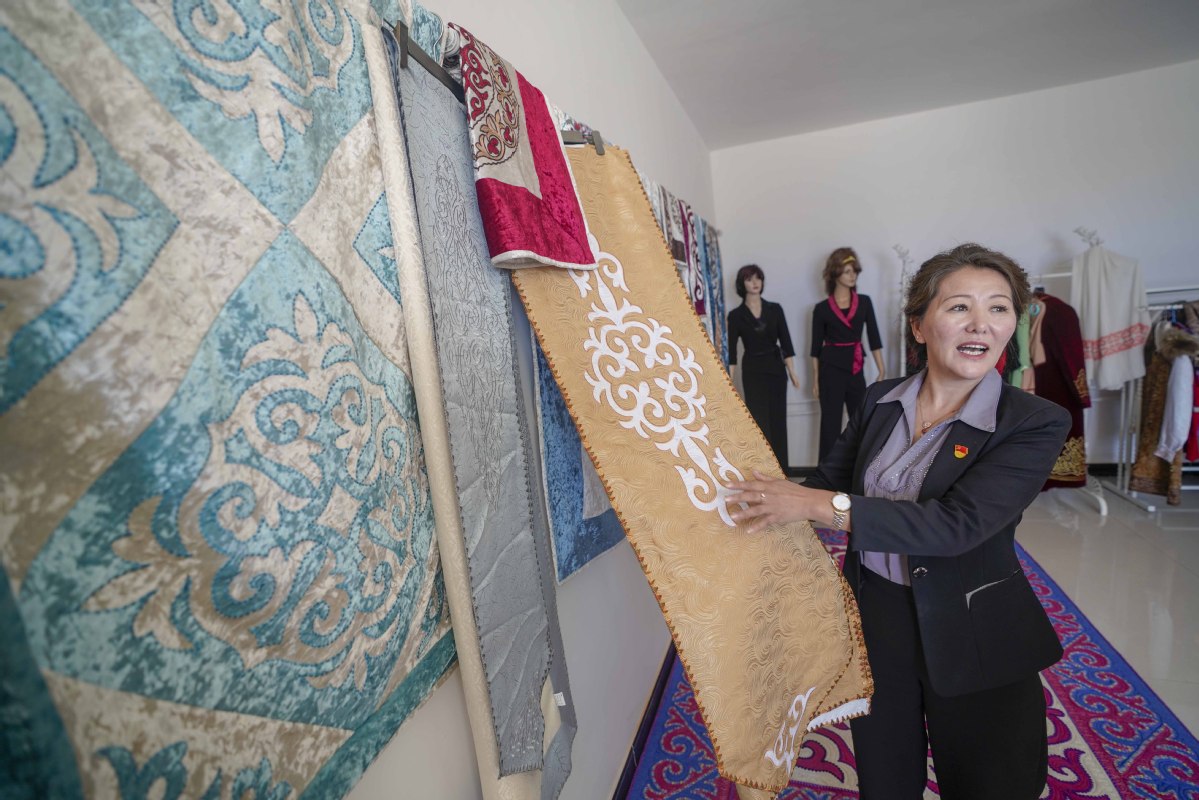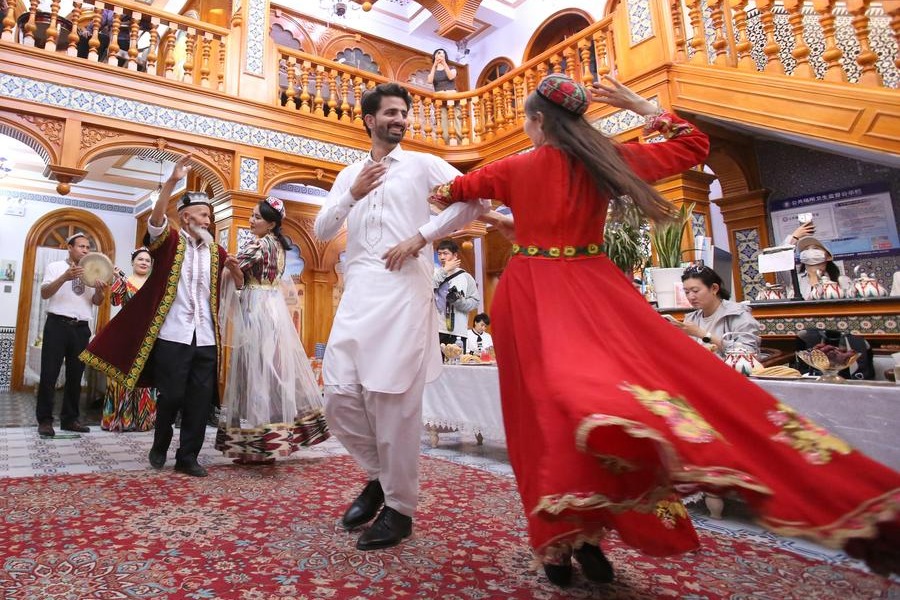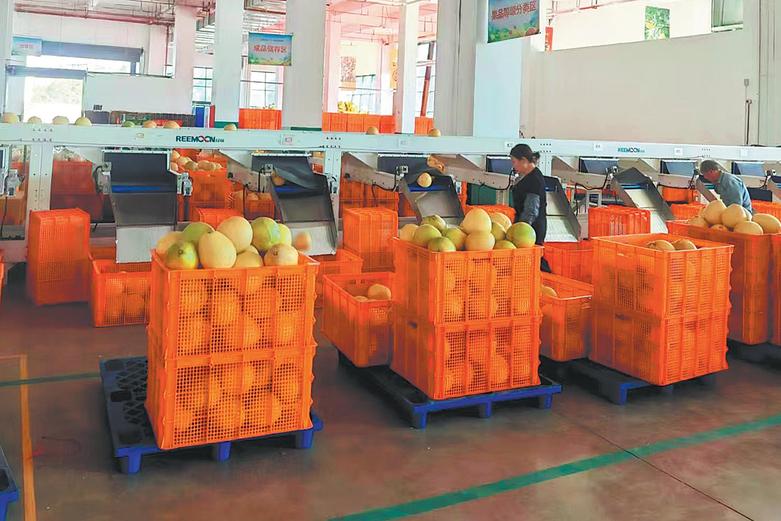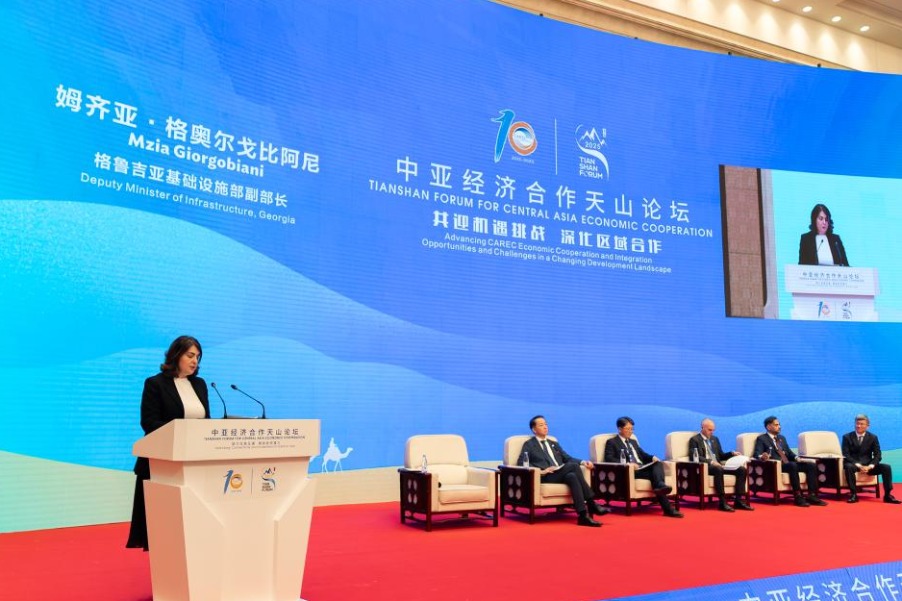Kazak embroidery threads way out of poverty for women


In March 2019, Li Guodong, Party chief of Karaoy, a village in Altay, northern Xinjiang Uygur autonomous region, found many women occupied with nothing but doing basic housework, and many of them asked Li if he could help them find work in the village.
"Most of them are housewives, and except for the daily housework, they have plenty of time to do something and make some money to increase their family income. But they have one requirement -- the place of work has to be in the neighborhood," said Li.
At that time, Li remembered Bulbul Xaburkay, a Kazak embroiderer he met in nearby Burqin county. Bulbul has been dedicated to the business of embroidery for decades and she owns a factory in the county that manufactures traditional Kazak embroidered goods.
Kazak embroidery is commonly used on carpets and tapestries found in ethnic yurts and on clothing, as well as other decorations and items used in everyday life.
- Police punish shopper after AI video used in fake crab claim
- Historians identify Chinese pilot saved by John Rabe in Nanjing
- Rainforest-themed activities launched in Hainan
- Hebei advances intelligent construction and prefabricated housing
- Seventh Hainan Island International Film Festival opens in Sanya
- Former chairman of Guangxi government expelled from CPC, public office





































